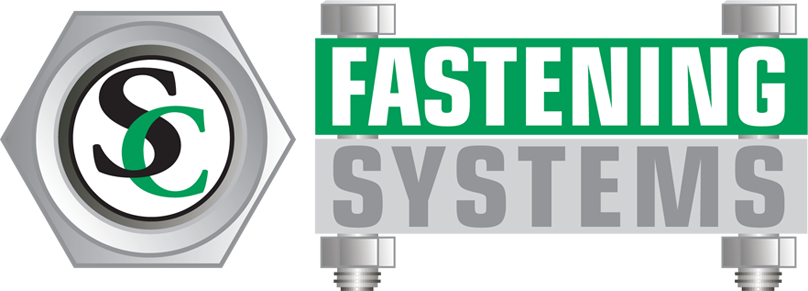High-Strength Structural Fasteners: The Complete Guide to A325 & A490 Bolts
When it comes to construction projects where safety and durability are paramount, high-strength structural fasteners are the unsung heroes holding everything together. Unlike standard hardware, these specialized bolts are engineered to withstand extreme loads and provide long-lasting reliability in critical applications.
What Makes Structural Fasteners Different?
High-strength structural fasteners are premium-grade bolts, nuts, and washers specifically designed for load-bearing connections in steel-to-steel and steel-to-concrete applications. These fasteners undergo special heat treatment and coating processes to resist corrosion and fatigue, making them far superior to standard bolts.
The construction industry relies on several key types of structural fasteners:
A325
The Construction Standard
A325 bolts represent the medium-strength category of structural fasteners and are widely used across construction projects. These high-strength bolts deliver impressive performance metrics:
- Tensile strength: 120,000 psi
- Shear strength: 72,000 psi
- Primary applications: Structural steel connections in buildings
A490
Maximum Strength Performance
For applications requiring even greater strength, A490 bolts are the premium choice among structural fasteners. These high-strength bolts provide:
- Tensile strength: 150,000 psi
- Shear strength: 90,000 psi
- Primary applications: Bridge fasteners, heavy machinery
TC
Tension Control Bolts
These innovative structural fasteners feature a built-in twist-off spline that ensures accurate tensioning during installation. TC bolts match the tensile strength of their A325 and A490 equivalents while providing superior installation reliability.
HEX
Heavy Hex Structural Bolts
Designed for maximum clamping force, these larger structural fasteners are essential in applications requiring exceptional holding power.
Critical Applications for High-Strength Structural Fasteners
The versatility and reliability of high-strength structural fasteners make them indispensable across multiple industries:
Infrastructure Projects
Bridge fasteners secure steel beams supporting millions of vehicles daily
Commercial Construction
Construction fasteners provide structural integrity for skyscrapers and warehouses
Industrial Equipment
Heavy machinery and cranes depend on structural fasteners for operational safety
Energy Infrastructure
Wind turbines utilize A490 bolts to withstand massive torque and environmental extremes
Transportation Systems
Railways and airports rely on structural fasteners for passenger safety
Understanding Tensile Strength in Structural Applications
Tensile strength is a critical factor when selecting structural fasteners for any project. This measurement indicates how much pulling force a bolt can withstand before failure.
Why Choose High-Strength Structural Fasteners?
Enhanced Safety
High-strength bolts provide greater load capacity and reliability, reducing structural failure risk.
Long-Term Durability
Heat-treated structural fasteners resist fatigue and maintain strength for decades.
Code Compliance
ASTM-certified construction fasteners ensure projects meet building codes.
Cost Effectiveness
High-strength structural fasteners provide better long-term value through durability.
Selecting the Right Structural Fasteners
Choosing appropriate structural fasteners requires careful consideration of multiple factors:
Tensile strength needs
Environmental conditions
Connection type
Building codes
The Hidden Foundation of Modern Infrastructure
High-strength structural fasteners represent the backbone of modern construction and infrastructure. Whether you’re specifying A325 bolts for a commercial building or A490 bolts for a critical bridge project, understanding the tensile strength, applications, and benefits ensures informed decision-making.
Investing in quality high-strength bolts isn’t just about meeting specifications—it’s about building a safer, more reliable world.
